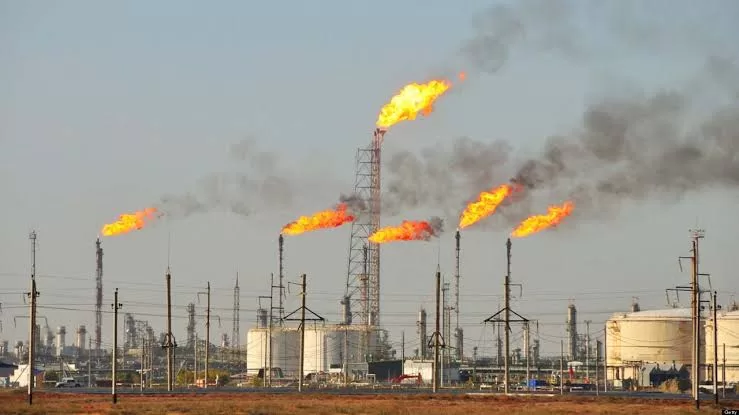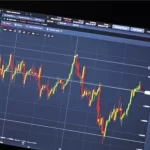The Federal Government has announced an 11 percent increase in the wholesale price of gas to power plants, raising it from $2.18 per MMBTU to $2.42 per MMBTU (million British Thermal Unit). This decision places additional financial burdens on power generation companies that are already grappling with challenges in the sector. The hike comes amidst a backdrop of reduced gas supply to power plants since January, attributed to unpaid invoices totaling over $1.2 billion. To alleviate the situation, the government intervened last month by disbursing $120 million to gas companies, as dwindling power supplies threatened the country’s energy stability. According to a notice issued by the Nigerian Midstream and Downstream Petroleum Regulatory Authority (NMDPRA), the Chief Executive, Farouk Ahmed, also raised the commercial wholesale gas price from $2.42 per MMBTU to $2.92 per MMBTU. The authority cited provisions in the Petroleum Industry Act, 2021, granting it powers to set domestic base prices for the local market. Reacting to the gas price hike, Adetayo Adegbemle, Executive Director of PowerUp Nigeria, emphasised its potential impact on electricity production costs. Gas constitutes a primary fuel source for power plants, so any increase in gas prices directly affects the cost of electricity generation. Adegbemle expressed concerns over the sustainability of electricity tariff subsidies, urging the government to consider allowing market-driven pricing mechanisms to reflect the true cost of power generation. He highlighted the challenges posed by the Federal Government’s interventionist policies, particularly in light of increasing pressure on energy sector finances. The decision to raise gas prices underscores ongoing struggles in Nigeria’s power sector, prompting stakeholders to reevaluate subsidy policies and advocate for market-oriented solutions to ensure long-term sustainability and efficiency in energy provision.
FG raises gas prices for power-generating firms by 11% increase











